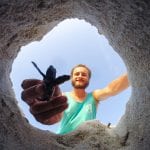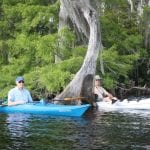Archie Carr National Wildlife Refuge
The Archie Carr National Wildlife Refuge (ACNWR) is located along 20.5 miles of Central Atlantic Florida coast spanning between Melbourne Beach in Brevard County, and Wabasso Beach in Indian River County. The UCF Marine Turtle Research Group (MTRG) has monitored beaches in Brevard County since the early 1980s for sea turtle nesting and hatching. These data were used to help establish the ACNWR in 1991 in what is now recognized as the most important loggerhead sea turtle nesting habitat in the world and the most important green sea turtle nesting habitat in the United States. Located 70 miles from UCF’s main campus in Orlando, nestled on 30 acres of the ACNWR in Melbourne Beach, the Caretta House serves as the Marine Turtle Research Group’s sea turtle field station for coastal activities that include monitoring the northernmost 13 miles of the ACNWR (Brevard County portion of the Refuge). The University of Central Florida entered into a Memorandum of Agreement with the US Fish and Wildlife Service and the ACNWR in 2016 for the use of the Caretta House and surrounding acreage to conduct sea turtle research, monitoring, and educational activities. Please see our facilities page for more details.
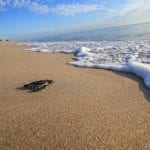
Canaveral National Seashore
The Canaveral National Seashore, located on a barrier island off the east coast of central Florida, is a 58,000 acre park that is home to thousands of plant and animal species lining its pristine shores. The University of Central Florida initially entered into a joint Memorandum of Understanding with the CNS in 1999 to engage the use of Fellers House Field Station as a research facility to promote conservation-based, cutting-edge scientific research and related educational endeavors. Please see our facilities page for more details.
Disney Wilderness Preserve
The Disney Wilderness Preserve (DWP) sits in the headwaters of the Everglades watershed and is connected to a 500,000-acre conservation corridor that stretches south to Lake Okeechobee. This northern Everglades region is the lynchpin for restoration of the globally significant Everglades system. A research partnership between The Nature Conservancy and the University of Central Florida is directed toward research to gain a better understanding of nature’s benefits and to quantify the value of landscape restoration for water quality and quantity as well as carbon uptake and biodiversity benefits. Conservation research conducted under this partnership will develop knowledge and mechanisms to inform resource managers who must understand and adapt their activities to enhance the resilience of these ecosystems to climate change.
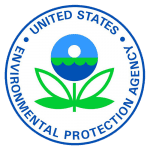
Environmental Protection Agency
The goal of EPA’s Office of Research and Development’s Ecological Research Program is to transform the way decision-makers understand and respond to environmental issues, making clear the ways in which their policy and management choices affect the type, quality, and magnitude of services we receive from ecosystems — such as clean air, clean water, productive soils, and generation of food and fiber. The purpose of this MOU is to develop a research strategy and implementation plan intended to accomplish this objective for the Tampa Bay Region Ecosystem.
This MOU is intended to incorporate a diversity of scientific opinion and expertise in developing The Plan and to ensure research products meet the environmental management needs of multiple users including the public, private industry and local, state, and federal governments. EPA aims to benefit by obtaining broad and diversified input into the Tampa Bay Ecosystem Project plan and the cooperators are expected to benefit by having access to important and useful research data and products on which to build complementary research programs and make environmental decisions that consider the importance of the ecological services provided by the Tampa Bay Ecosystem.
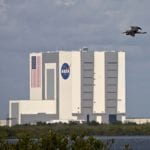
Kennedy Space Center
The John F. Kennedy Space Center (KSC) is a 220 square mile facility located on Merritt Island off the coast of central Florida . Although KSC has served as the site for numerous manned and unmanned space flights, the facility is largely undeveloped, making an important wildlife sanctuary.
The University of Central Florida and KSC have identified numerous “areas of cooperation”, where they will use Merritt Island to jointly investigate issues such as natural resources management, fire ecology, global climate change, invasive species, ecosystem restoration, estuarine studies, managed species, and atmospheric sciences as related to ecosystem processes. By formalizing our relationship, UCF and KSC will be able to expand their research partnership and create new opportunities for promotion of these and related research areas. It provides a formalized mechanism to establish and track meaningful discussions between the KSC and UCF scientists to utilize their capabilities and expertise to build collaborative research and teaching activities which represent a unique and valuable contribution to both KSC and UCF goals and objectives.

